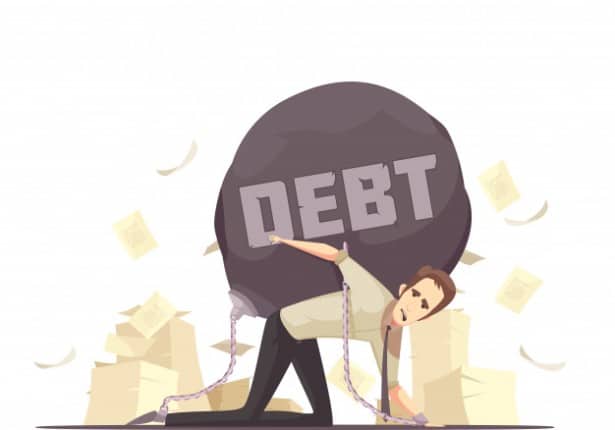A Loan is an amount of money provided to the borrower by the lender with or without any collateral, with the promise of repayment of the initial amount borrowed along with interest. This way the borrower gets the money in the time of need, and the lender earns extra on the original amount through interest.
Credit Score Crashes
When a borrower defaults his/her loan repayments (EMIs) then as a consequence their credit score gets affected negatively. For all the borrowers, the lending institution sends their repayment records to CIBIL to and other credit rating institutions. As soon as the borrower defaults or delays his EMI, it is reported and as a result credit score comes down by some percentage. This also has a negative impact on future borrowing capacity.
You are Given the Benefit of the Doubt
All borrowers are provided with the opportunity and have the right to approach the bank if there is any difficulty in repaying the installments and to choose an option to restructure their debt to enable a smooth repayment process.
The Reserve Bank of India’s guidelines says that banks should give reasonable time to pay up and also forbids using ‘muscle power’ to recover loans. There is a laid down code of conduct which banks need to adhere to.
The lender might resort to legal action
Not adhering to the reminders sets off a chain of events that usually starts with the bank taking to a legal notice issued to the borrower.
Can impose a penalty
In case of multiple loans, a lender can also impose penalty on the defaults and late payments. This usually applies to an unsecured loan where the lender doesn’t have any collateral as a guarantee against non-payment by the borrower.
Asset (collateral) is affected
Collateral is the last thing which is considered. In case when borrower is not able to repay the loan even after the legal notices and the last option left with the lender is to recover it through the collateral. In case if the borrower has given any property as the collateral in that case the ownership of the property will go to the lender and then the lender can sell the property and recover the loan amount.
Steps to Take
There must be a reason why you haven’t paid your EMIs for a few months. You may have lost your job; you may have had an emergency which consumed all your savings; you may have paid a huge amount for your education, for your home, or some other urgent requirement.
Options to consider while you are unable to make payments
1. Defer your payments
You could inform the bank of your inability to temporarily make payments and seek an EMI holiday for a few months. A situation of this nature can occur during a job change or a temporary loss of business or employment. Banks can accept these as genuine reasons but may impose penalties for the deferment.
2. Reducing your EMI
If you are struggling with the EMI amount, consider having the monthly outgo reduced. You can approach the lending institution and request them to increase your loan tenure. This would reduce your monthly EMI amount though you may end up paying a higher amount in interest. Once your financial situation is sturdier, you should increase the EMI amount again.
3. Restructuring the loan
If a borrower is unable to maintain the terms and conditions of his loan, he can request the lender to relax the same. This may lead to a reduction of charges, lowering of interest rate, lengthening of the loan tenure, a moratorium on interest, etc.
4. One-time settlement
The lending institution would have already classified the loan as a non-performing asset (NPA) at this stage. The borrower may be bankrupt or in no position to make further payments. He may get the option to settle the loan through a small payment. Recently, a bank offered a settlement offer to its NPAs in the education loan sector, in which up to 90% of the principal and 100% of the interest were waived off.
5. Debt Consolidation
Debt consolidation is one of the methods by which a borrower can come out of this situation. Debt consolidation is nothing but taking a new loan to repay all or most of the previous loans. It is considered best option in this situation. But when you go for debt consolidation loan always look for a loan in which the EMI along with the interest costs less than the total EMI you were paying for your previous loans.

